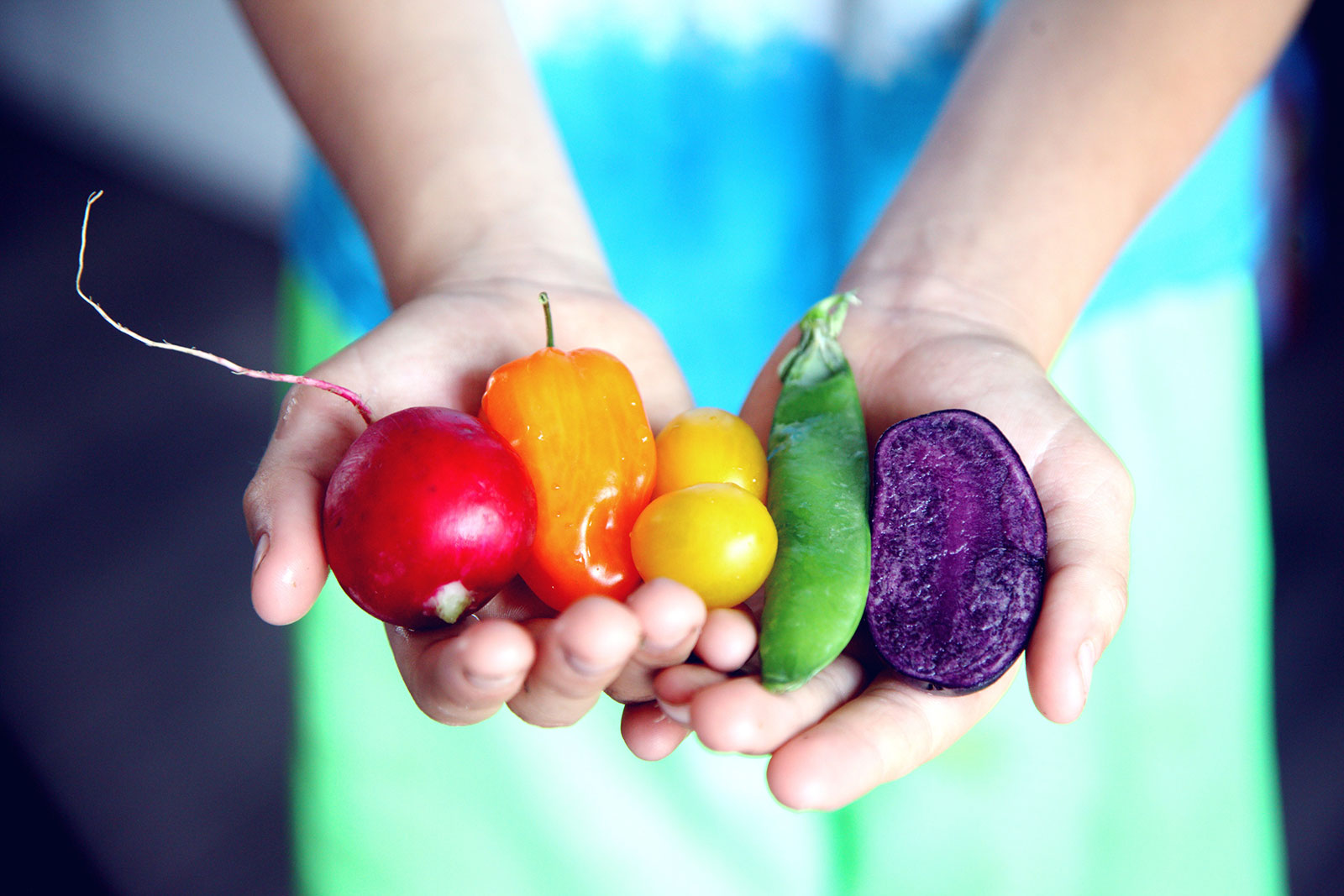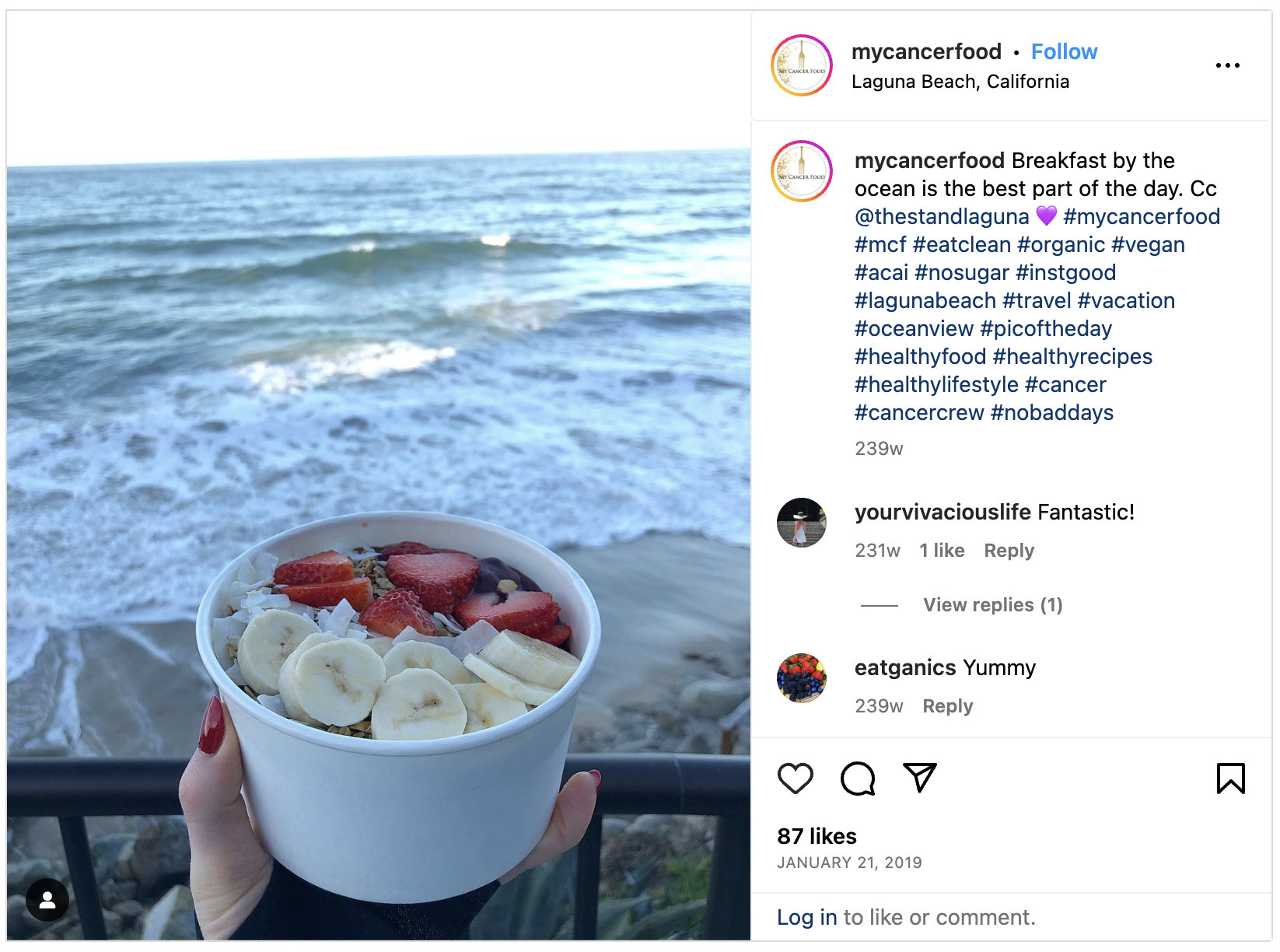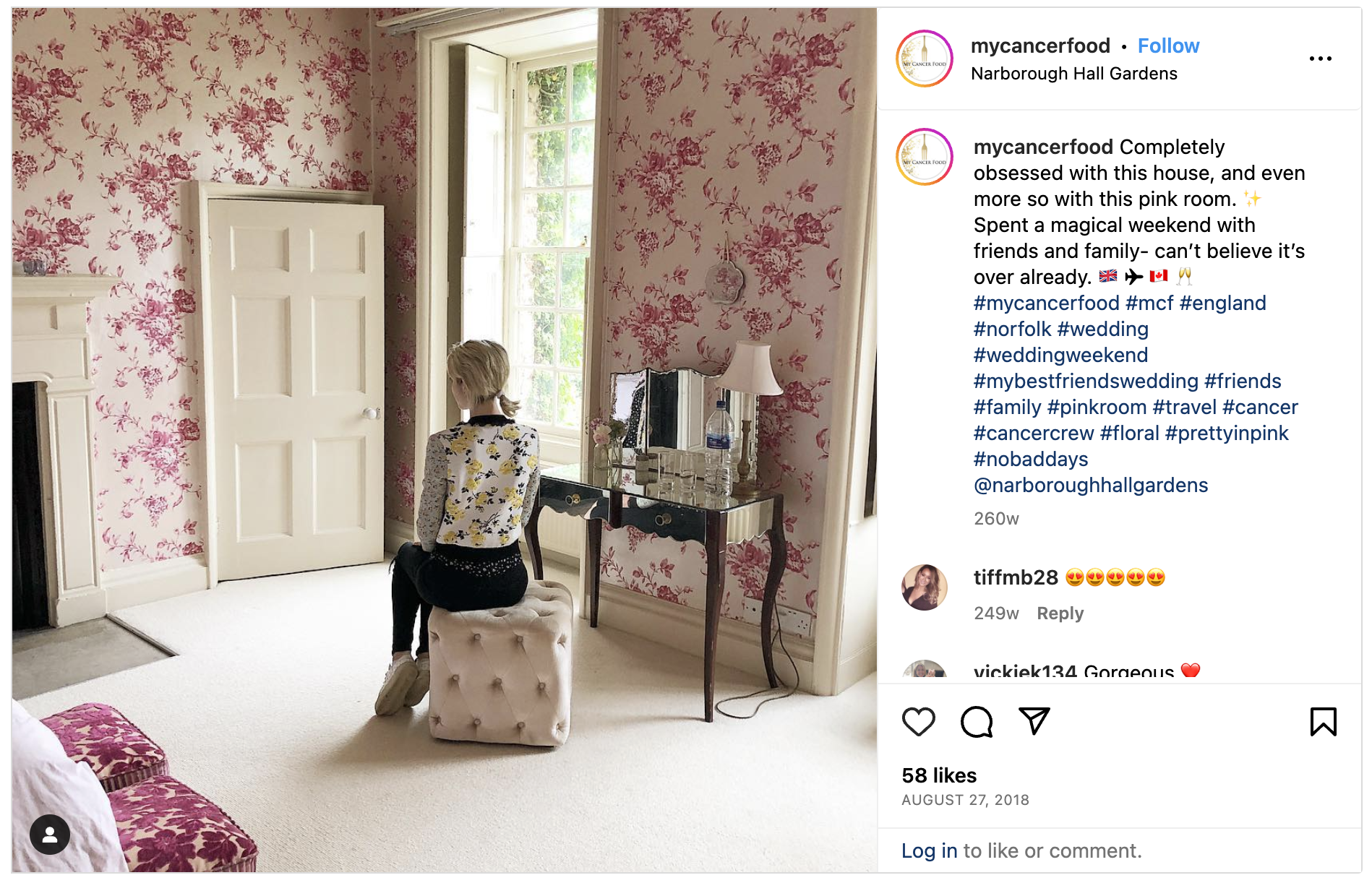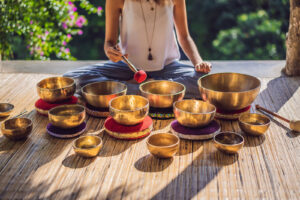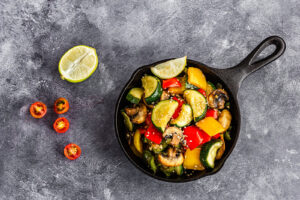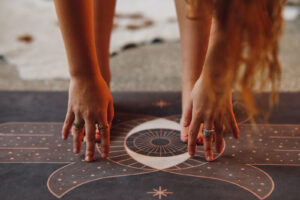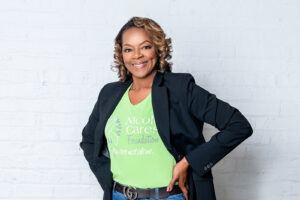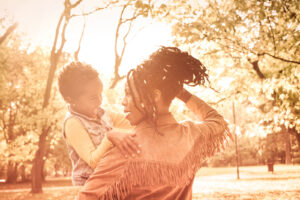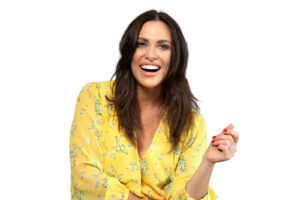“I knew that there was something wrong, but your mind doesn’t really go to cancer, especially at a young age,” says Lindsay Yarrow, who was diagnosed with Hodgkin lymphoma at just 27 years old. It took Yarrow more than 18 months to get an official diagnosis after numerous rounds of testing and medical visits to a number of different doctors. Most were unable to figure out just what was wrong with Yarrow, so she began making small changes to her diet in the hopes of finding a solution.
However, her cancer diagnosis finally moved Yarrow to take a greater leap into the world of nutrition, inspiring the blogger to radically adjust her diet to best support the vitality of her healthy cells. Now cancer-free, Yarrow continues to share her recipes with a growing community of followers through her social channels with the goal of motivating them to take charge of their own health. Here, she shares her story with Cancer Wellness in the hopes to inspire our readers to eat “clean.” And don’t forget to try Yarrow’s recipe for a veggie-packed shepherd’s pie.
How would you describe your cancer story?
I was diagnosed two years ago with Hodgkin Lymphoma at 27 years old. For a year and a half, I struggled with sickness and ran from doctor to doctor. Nobody could really figure it out. It was kind of a shock to me. I guess in my misfortune, I was kind of lucky in that the cancer I had was pretty curable and they sort of figured out what works and how to treat it. It’s a pretty straight line in terms of treatment. In that sense, I was fortunate.
How did you notice something was wrong physically?
I started feeling very fatigued at work. By 2 or 3 o’clock, I felt like I really needed a nap, and I just didn’t know what was wrong. It was really difficult to finish a full day [of work]. I [thought I was] just really bored at work or not happy. Maybe [it was] a sign that something was not right in my environment, because I felt fine, but I was just tired all the time. The weekends would come, and I would sleep all weekend. I couldn’t do activities. I couldn’t do anything. My husband and I [became] vegetarian a couple of months prior, and I thought maybe [that was] finally catching up to me. Maybe I was low in iron or maybe I had mono. That’s how exhausted I was.
I [got] a blood test, and when I did the blood test, I realized my iron was very low because I was a vegetarian and not taking supplements. But also my CRP (C-reactive protein), your inflammation tracker in your body, was quite high. Low iron and high inflammation kind of go hand-in-hand. So in my mind, I just thought I have to get my CRP back up. I started eating meat again, trying to lower the inflammation by cutting out carbs and nightshade vegetables, and nothing was working. I started losing weight, and that was really weird because I never lost weight before, so I started to get nervous. In your body, you just feel that something’s not right. You just don’t feel like yourself. Those were my big clues.
How did you feel when you were first diagnosed?
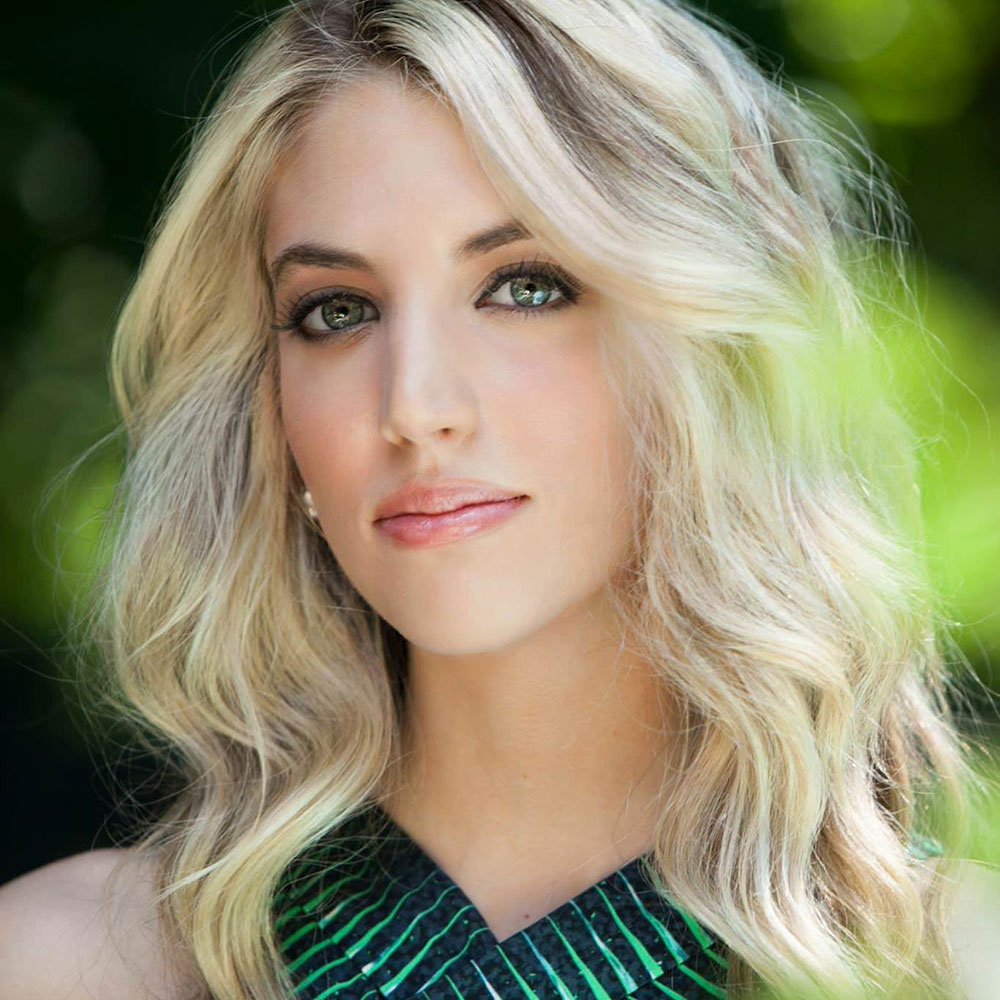 It was just such a shock. I didn’t really know much about cancer. Thankfully, nobody super close to me had gone through it. I mean, I lost both my grandparents, but I was younger. I just didn’t know what to expect. I started googling and researching people and entering this whole cancer world and talking to people and sort of seeing what was out there. I didn’t want to go on this journey. I didn’t want to lose my hair. I didn’t want to be sick anymore. But I needed the knowledge. I really felt like once I digested it, I took charge and needed to learn all there was to learn about chemo and different techniques.
It was just such a shock. I didn’t really know much about cancer. Thankfully, nobody super close to me had gone through it. I mean, I lost both my grandparents, but I was younger. I just didn’t know what to expect. I started googling and researching people and entering this whole cancer world and talking to people and sort of seeing what was out there. I didn’t want to go on this journey. I didn’t want to lose my hair. I didn’t want to be sick anymore. But I needed the knowledge. I really felt like once I digested it, I took charge and needed to learn all there was to learn about chemo and different techniques.
How did research change the way you approached your diagnosis?
I knew that I was going to have to make some changes in my life and the way I was taking care of myself. I knew that food could play a big role in your overall well being. I knew I was going to have to cut out some food and add some food. I went to a naturopath here in Montreal and he got me started on what to do, what not to do, what I should be eating, and what I should not be eating. He gave me a little bit of a meal plan, and I had to monitor that for the next couple of weeks. I would eat something and make a note of how I felt afterward. Was I sick? Was I okay? What affected it? What effect did it have on me? I really started looking at food in general and what it could do for me.
What have you learned about food and nutrition?
I’ve learned so much just in the past two years alone. Food’s a tricky thing. For a lot of people, it’s a habit, it’s comforting, it’s good memories, it’s good times. It’s occasions where we want to have junkier foods. I learned to change my habit and think of [food] in a different way. What is [food] going to do for me? How is it going to nourish me? With my good cells, how are they going to flourish and grow? How am I going to make them happy?
Now, it’s about eating the good stuff and what’s in season. Really reading labels. Just because something says it’s organic doesn’t mean it’s good for you. What I also learned is that sugar is in everything. It’s in everything we eat. I even found it in a box of table salt. That’s the hardest thing to cut out, the sugar.
In your body, you just feel that something’s not right. You just don’t feel like yourself. Those were my big clues.
When did you begin developing recipes?
I would say it kind of began with my diagnosis. I wasn’t a big foodie beforehand. I liked certain things, and I was passionate about what I liked, but I would never really venture out or enjoy cooking. With the diagnosis, I had a lot more free time on my hands [since] I stopped working while I was on treatment. I didn’t go back to work until about a year later. I had some time, and it was just fun for me to explore different recipes and come up with different meals.
It’s typical to eat out when you’re on chemo. You just have to make sure everything is clean and healthy. Staying home was sort of a big part of my life at that point, and I needed to find recipes that were good and nutritious and clean.
How do you choose what recipes to create?
It depends. I like what’s in season. What’s available to me now? What veggies are available to me now? My mom is also an amazing cook, so she’s definitely an inspiration and very helpful in the kitchen. She’s always looking for different recipes online, so if we see something, we’ll think maybe we’ll add it to [another recipe]. We like what we like in terms of certain dishes, so we kind of have a base of what we know and try and switch it up a little bit to be creative.
What has been the most interesting part?
Getting creative with vegetables. I wouldn’t label myself a vegetarian. I do eat meat on occasion just because I need the iron. I do bone broth. There’s so many different ways you can make chicken, but there’s only so many different ways you can cook with lentils or chickpeas. I had only known a couple of recipes beforehand. It’s been interesting to learn new flavors and just try and experiment with what tastes good and what I like. That’s been a challenge, but also super interesting.
Why is it important to you to share your love of food?
One of the first things that came to my mind after my diagnosis was, “Oh my God, what am I going to eat now?” I felt like I had sort of betrayed myself in some way. How did this whole diagnosis come about? I wanted to share my experience. I know that other people are hearing the same thing. You hear this news and you just think, ”What do you do now? What do you eat now?” There are ways you can feel good and know that you’re feeding yourself some healthy food. I think that’s an important message to share.
What do you want cW readers to take away from your recipes?
My philosophy of eating clean: no sugar, no additives, no GMOs. Eat as clean as you can and allow yourself some cheat days. Try to be as healthy as you can most of the time, but also giving yourself the opportunity to treat yourself. I think a good portion of everyone’s meal should be greens and veggies. You shouldn’t have a plate of meat with a side of veggies. You should have a plate of veggies with a side of whatever.
Start slowly because changing to eat healthy can be difficult. Don’t beat yourself up about it just because you said you were going to start doing it this week and it didn’t happen. Cut things out one thing at a time. I didn’t really have the opportunity to do that. I thought I just had to go all in with my diagnosis. But I think if people are really serious about making a food change in your life—because it’s healthier and you just feel better eating clean—start slow.

